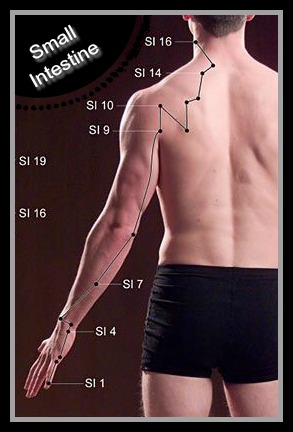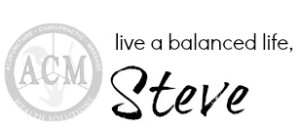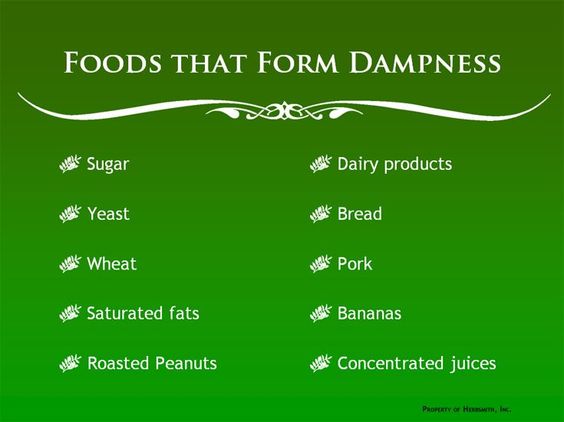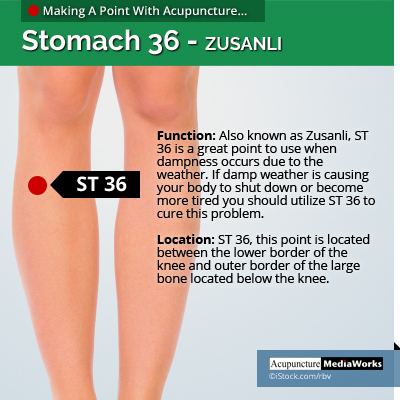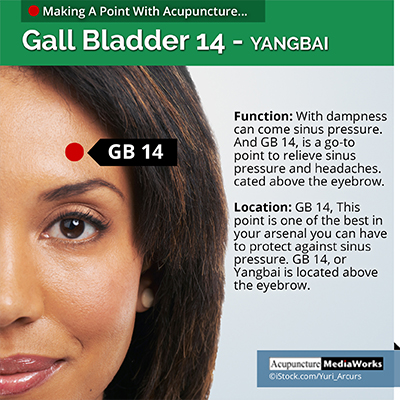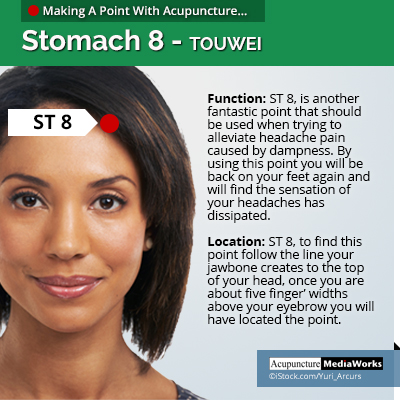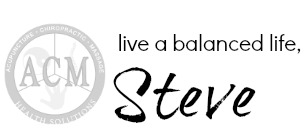-
Book Online Now - Acupuncture Solutions3900 Pebblecreek Ct #101
Plano, TX 75023972-612-4900 - 6501 Wesley St #A-1
Greenville, TX 75402903-213-3679 Learn more about…
#autumn #balance #behappy #fall #familytime #germs #healthlyliving #healthyskin #immunesystem #organs #psoriasis #seasons #sunscreen #thinkpositive acupressure acupuncture allergies anxiety coronavirus covid-19 depression diet digestion energy exercise headaches health heart herbs kidneys liver lungs meditation migraines nutrition pain pms qi sleep spring stress summer tcm Traditional Chinese Medicine winter
Digestion
Five Reasons Acupuncture Helps Digestive Function
 Digestion is a complex task performed by the body. It begins in the mouth and finishes when the ingested food leaves the body through the rectum. For all we have learned over the years regarding digestion, there is still so much more we don’t know or are still learning. For example, it wasn’t until recently, the last 10 years or so, that modern medicine confirmed our gastrointestinal tract is our second brain. This discovery is drastically changing the way the body and its many functions are viewed, because everything we put in our mouths can potentially have life-altering effects on the mind, as well as the body. continue reading
Digestion is a complex task performed by the body. It begins in the mouth and finishes when the ingested food leaves the body through the rectum. For all we have learned over the years regarding digestion, there is still so much more we don’t know or are still learning. For example, it wasn’t until recently, the last 10 years or so, that modern medicine confirmed our gastrointestinal tract is our second brain. This discovery is drastically changing the way the body and its many functions are viewed, because everything we put in our mouths can potentially have life-altering effects on the mind, as well as the body. continue reading
Herbal Tonics for Digestion

Digestive disorders can be simple like flatulence or gas, or they can be much more serious, such as Crohn’s disease. But regardless of the severity of the disease, there is no doubt digestive disorders affect far more people than they should, especially in the United States. A recent survey reports nearly 74 percent of all Americans are living with digestive issues. Most people don’t report it to their doctors either, because they assume it is normal to have gas, bloating or abdominal pain. But these symptoms can be indicators of much more serious underlying problems. continue reading
Healthy Eating for Fall
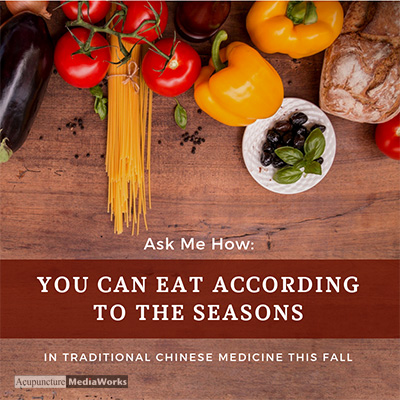
The season of fall brings cooler weather and shorter days. As with any season, the world adjusts accordingly. Plants begin to go dormant, animals start scrounging for food to help get them through the upcoming winter months and humans start winterizing everything. Sweatpants and hoodies become more commonplace and everything…EVERYTHING is pumpkin flavored.
As fall descends on the land, it reminds us we need to start cutting back on the numerous cooling foods that are consumed during the summer months. Things like raw foods, salads, juices and fruits need to be decreased because they can create too much cold in the body. This is just one principle followed by Traditional Chinese Medicine.
There are many facets to TCM and nutrition is one of the most important. The ancient Chinese observed what took place in nature and followed those cues accordingly. So when the season changed to fall and the amount of daylight decreased and the temperatures cooled, the Chinese began to eat what was available. This is what it means to “eat for the season.” By eating according to the season, we can avoid many illnesses and diseases. If we continue to eat raw, cold foods during the cooler fall and winter months, then we set ourselves up for digestive problems, colds, sinus infections and even painful joints.
When a person eats seasonally, they will inevitably notice certain foods are no longer abundant or available. In the season of fall, one should fill their pantry and cupboards with dried foods, heavy grains, seeds, roots and squashes that can help move the body’s energy or Qi (pronounced “chee”) inward.
Fall is also a time to slow down. This means we should cook food for longer periods of time on lower heat. How we cook food will affect how the body tolerates it and how the energy is utilized. Some examples of how to cook for the season of fall include making soups and stews, using a crockpot or slow cooker, roasting and baking foods. These methods create a deeper warmth and supply greater energy from the food.
Foods that are nourishing to the lung are very important during the season of fall. Since many people get sick during these months, lung tonifying foods can be very beneficial. This includes foods like ginger, onion, garlic, pears, walnuts, miso, navy beans, almonds asparagus, broccoli, apricots, bananas, apples, plums and grapes.
The dryer weather can also cause chapped lips, a dry nose, an itchy throat, rough skin and even dry stools. To counter these issues, it is recommended to eat foods that promote the production of bodily fluids, such as nuts, seeds, pears, pumpkin, honey and a traditional Chinese porridge known as congee.
Animal products tend to be warming and grounding by nature. And for those who eat animal flesh, increasing the intake can be beneficial during the cooler fall months. As mentioned before, roasting, baking or stewing the meats is the most beneficial.
When we follow the cues given to us by nature, we can maintain a very healthy existence.
Acupuncture and your Small Intestine
How’s Your Digestion?
The small intestine is part of the gastrointestinal tract. Up to 90 percent of the digestion and absorption of food occurs in the small intestine and its main function is the absorption of minerals and nutrients from the food we ingest. It is comprised of three separate parts, the duodenum, the jejunum and the ileum. The small intestine measures upwards of six to seven meters long and it has a surface area of over 200 meters. But in the Traditional Chinese Medical system, the small intestine is much more than just its physical traits.
TCM pairs energetic meridians so that they form a complete circuit. There is always a yang meridian and a yin meridian. The small intestine meridian is paired with the heart meridian. Imbalances in the small intestine meridian can lead to problems such as abdominal pain, digestion issues and also appetite problems like overeating or poor appetite. The small intestine meridian starts at the outer tip of the pinky finger and runs up the arm, over the scapula of the shoulder, up the neck and ends in front of the ear. The meridian pathway allows for it to be useful in treating not just intestinal and abdominal issues, but also things like earaches, TMJ, shoulder pain and neck pain.
The small intestine is the controller of the reception, transformation and separation of solids and fluids. It receives food and fluids from the stomach and then transforms them by separating the pure from the impure. The pure essence is dispersed throughout the body and the impurities are flushed into the large intestine for eventual removal from the body.
Since the small intestine is paired with the heart, it should be noted both meridians belong to the movement of fire. The heart meridian expresses movement upwards, while the small intestine meridian expresses movement downwards. And when considering this pairing logically, it makes sense. When we are experiencing heartache or stress (associated with the heart meridian), most of us then have an upset gastrointestinal tract, pain in the abdomen, vomiting, nausea or even a lack of appetite.
The small intestine meridian is particularly sensitive to cold. Therefore eating lots of cold, raw foods can actually lead to problems in the small intestine. When excess cold invades the small intestine, there may be pain around the navel, watery diarrhea or loose stools, frequent clear urination and loud gurgling sounds in the abdomen.
In TCM, the small intestine plays both a physical and a mental role. The mental role of the small intestine is to separate the clear thoughts from the turbid ones. This is another way the small intestine is connected to the heart in TCM. The heart houses the mind and is in charge of all of our mental health. Clear judgement depends on the ability of the small intestine to separate the pure from the impure. When there is dysfunction in the small intestine, then there may also be dysfunction in the mind.
While the small intestine may not seem as important as the heart or the kidneys, it is still an integral part of our body and as such, it should be taken care of equally as well. If you experience any abdominal or emotional issues, turning to a licensed acupuncturist may be a good start. But most of all, take good care of your gastrointestinal health and your body will respond favorably.
Foods to Increase Intestinal Absorption
The intestines are an extremely important organ and they should never be overlooked. You should make sure to feed your intestines with food that will increase intestinal absorption, by doing so you will help out your whole body. Foods that increase intestinal absorption range from fermented foods to pre-biotic containing foods.
Let’s start with the fermented foods. Fermented foods such as kimchi, sauerkraut and pickles can work together to help keep that gut balanced. If you are in-taking foods such as these you are guaranteed to see an increase in intestinal absorption. The bacteria in fermented foods work together with your gut to help break down foods.
Pre-biotic foods are also important to the digestive tract. Keep your intestines happy by making sure to load up on pre-biotic foods such as seeds, flax, oats and potatoes. All of these foods encourage the growth of necessary and healthy microbes within your digestive tract.
How Acupuncture helps Dampness
Dampness is an insidious beast. It works its way in, silent and sneaky. Before you know it, you’re filled with it, and you can barely get out of your own way.
Damp is a term acupuncturists use when the fluids of the body aren’t being processed correctly, leading to a buildup that can settle in and make itself at home in almost any area of the body. This, in turn, can lead to a wide array of mental and physical issues.
If dampness invades the entire physical body, it can cause weight gain, sluggishness and a lack of motivation. Think of how you feel on a foggy, rainy day. Now imagine that fogginess and sogginess being inside of you. You would feel heavy, bloated and slow. You would be more comfortable just sitting around, rather than engaging in movement. Your thoughts might be a bit confused, rather than clear and concise. This is what happens when there is an infestation of dampness.
If the dampness attacks specific areas, it leads to heaviness and dullness in whatever part of the body it festers in. If it settles into the head, it can cause a dull headache that feels as if a band is squeezing the head. This type of headache generally tends to either be stimulated or worsened by damp weather. Dampness in the head can also cause sinus pain or a stuffy nose. From an emotional standpoint, dampness can muddle the thinking, making it hard to think clearly. In the extreme, it can lead to mental impairment. If dampness attacks the digestive system, it can cause vomiting of fluids, diarrhea or abdominal pain. With internal issues, damp usually transforms into damp-heat. Damp-heat of the intestines causes bloody, painful diarrhea. Damp-heat in the lower burner of the body can bring on sores, painful and burning urination or a host of other issues. If it is hot and oozy, think damp-heat.
Pain caused by dampness is heavy, usually severe, and stays fixed in one place. Arthritis can fall into this category: the pain is concentrated in one place, the afflicted area is stiff and hard to move, and damp weather usually makes it feel worse.
The true evil of dampness is that it is a self-propelling cycle. It weighs you down and resists change. That person who feels sluggish and weighed down could dissipate some of their dampness by moving, but the sluggishness makes the person want to sit still. That lack of movement creates more dampness…and so it continues. Fortunately, acupuncture and herbs are wonderful options for getting rid of this dampness.
3 Points to Alleviate Dampness
Nobody wants to be damp. When dampness occurs it is imperative that you solve the issue, the body should never be overly damp. Dampness is heavy, stagnant and tends to solve things down throughout the body. In addition to changing your diet and the way you eat, there are specific acupressure points that work to alleviate dampness. Here are three great points to try.
Stomach 36 – Also known as Zusanli, ST 36 is a great point to use when dampness occurs due to the weather. If damp weather is causing your body to shut down or become more tired you should utilize ST 36 to cure this problem. This point is located between the lower border of the knee and outer border of the large bone located below the knee.
Gall Bladder 14 – With dampness can come sinus pressure. And GB 14, is a go-to point to relieve sinus pressure and headaches. This point is one of the best in your arsenal you can have to protect against sinus pressure. GB 14, or Yangbai is located above the eyebrow.
Stomach 8 – ST 8, is another fantastic point that should be used when trying to alleviate headache pain caused by dampness. By using this point you will be back on your feet again and will find the sensation of your headaches has dissipated. To find this point follow the line your jawbone creates to the top of your head, once you are about five finger’ widths above your eyebrow you will have located the point.
Until next time, pick your foods wisely and stay warm and dry.
